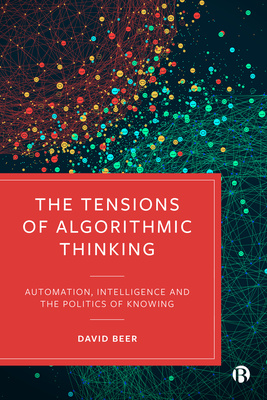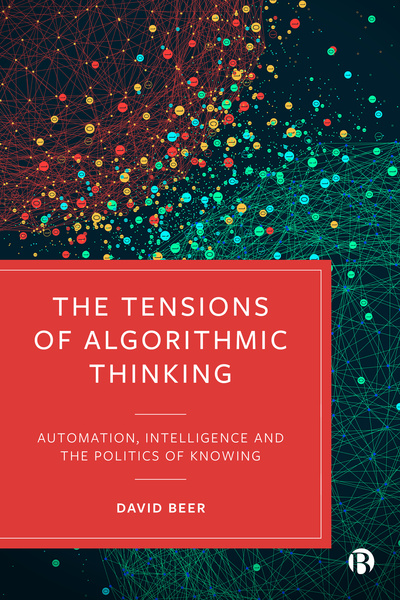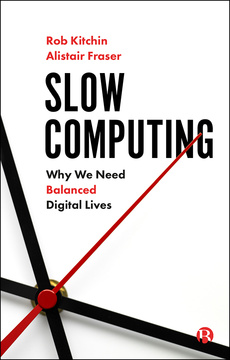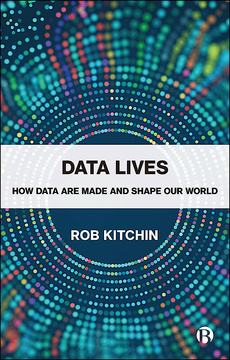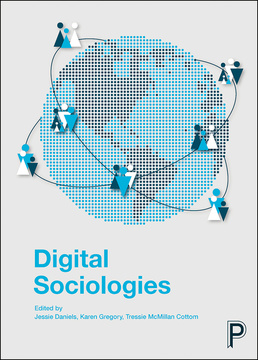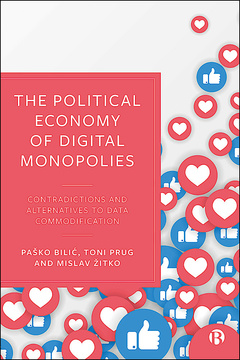The Tensions of Algorithmic Thinking
Automation, Intelligence and the Politics of Knowing
By David Beer
Published
Feb 13, 2024Page count
152 pagesISBN
978-1529212907Dimensions
234 x 156 mmImprint
Bristol University PressPublished
Nov 30, 2022Page count
152 pagesISBN
978-1529212891Dimensions
234 x 156 mmImprint
Bristol University PressPublished
Nov 30, 2022Page count
152 pagesISBN
978-1529212914Dimensions
Imprint
Bristol University PressPublished
Nov 30, 2022Page count
152 pagesISBN
978-1529212914Dimensions
Imprint
Bristol University PressOn the blog:
We are living in algorithmic times.
From machine learning and artificial intelligence to blockchain or simpler newsfeed filtering, automated systems can transform the social world in ways that are just starting to be imagined.
Redefining these emergent technologies as the new systems of knowing, pioneering scholar David Beer examines the acute tensions they create and how they are changing what is known and what is knowable. Drawing on cases ranging from the art market and the smart home, through to financial tech, AI patents and neural networks, he develops key concepts for understanding the framing, envisioning and implementation of algorithms.
This book will be of interest to anyone who is concerned with the rise of algorithmic thinking and the way it permeates society.
"With attention to detail and a historical sensitivity, Beer weaves together a compelling story of the forces and frictions surrounding automation today. A treasure trove for anyone interested in the social theory of machine learning." Taina Bucher, University of Oslo
David Beer is Professor of Sociology at the University of York.
1. Introduction: Tense Thinking and the Myths of an Algorithmic New Life
2. The Pursuit of Posthuman Security
3. Overstepping and the Navigation of the Perceived Limits of Algorithmic Thinking
4. (Dreaming of) Super Cognizers and the Stretching of the Known
5. The Presences of Nonknowledge
6. Conclusion: Algorithmic Thinking and the Will to Automate







